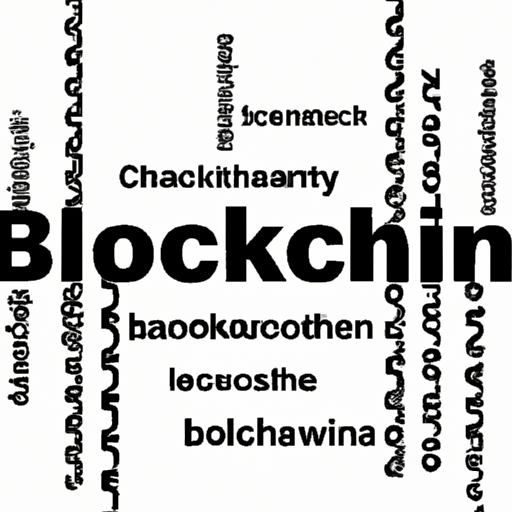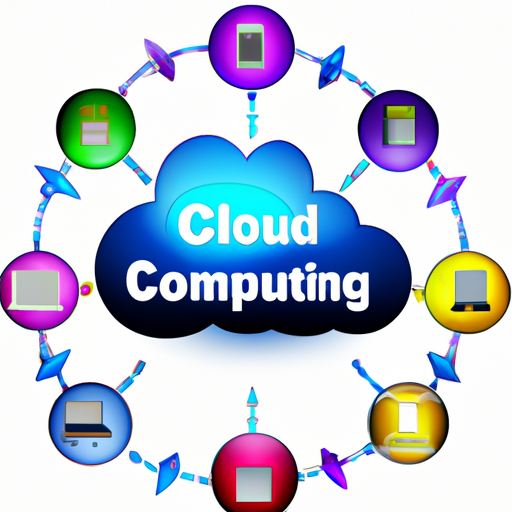In recent years, the term Blockchain has become increasingly prevalent in technology discussions, often in the context of cryptocurrency. However, blockchain is much more than just the backbone of digital currencies; it represents a transformative force across various industries.
What is Blockchain?
At its core, blockchain is a decentralized digital ledger that records transactions across many computers so that the recorded transactions cannot be altered retroactively. This technology promotes transparency and eliminates the need for intermediaries.
How Does Blockchain Work?
A blockchain comprises a series of blocks, each containing a list of transactions. Each block is linked to the previous one, forming a chain. When a new transaction occurs, it is broadcast to a network of computers for verification. Once confirmed, that transaction is added to the block, and the block is then appended to the chain. This process ensures that all copies of the blockchain are the same, effectively keeping the data secure and immutable.
Applications of Blockchain Technology
- Cryptocurrency: The most well-known use case, allowing for peer-to-peer transactions without central authority.
- Smart Contracts: Self-executing contracts with the terms of the agreement directly written into code.
- Supply Chain Management: Enhances traceability and accountability of goods from origin to delivery.
- Healthcare: Provides secure management of patient data, ensuring privacy and accessibility.
- Voting Systems: Increases transparency and reduces fraud in electoral processes.
The Benefits of Blockchain
The key benefits of utilizing blockchain technology include:
- Decentralization: Reduces the risk of a single point of failure.
- Security: Strong cryptographic techniques safeguard data integrity.
- Transparency: Changes made to the blockchain are visible to all participants, promoting trust.
- Efficiency: Streamlines processes by eliminating intermediaries.
Conclusion
As industries continue to explore the potential of blockchain, its applications will likely expand, leading to more innovative solutions. Understanding blockchain technology is crucial for anyone looking to navigate the future of digital transactions and decentralized applications.




